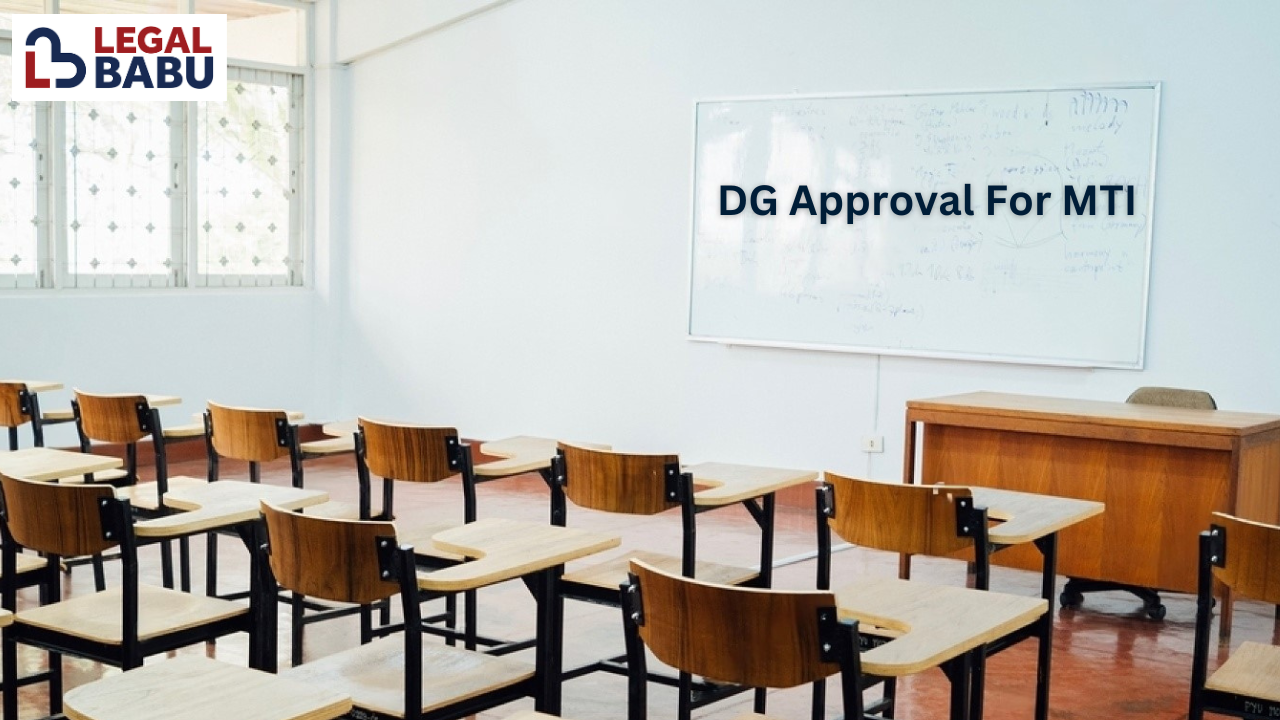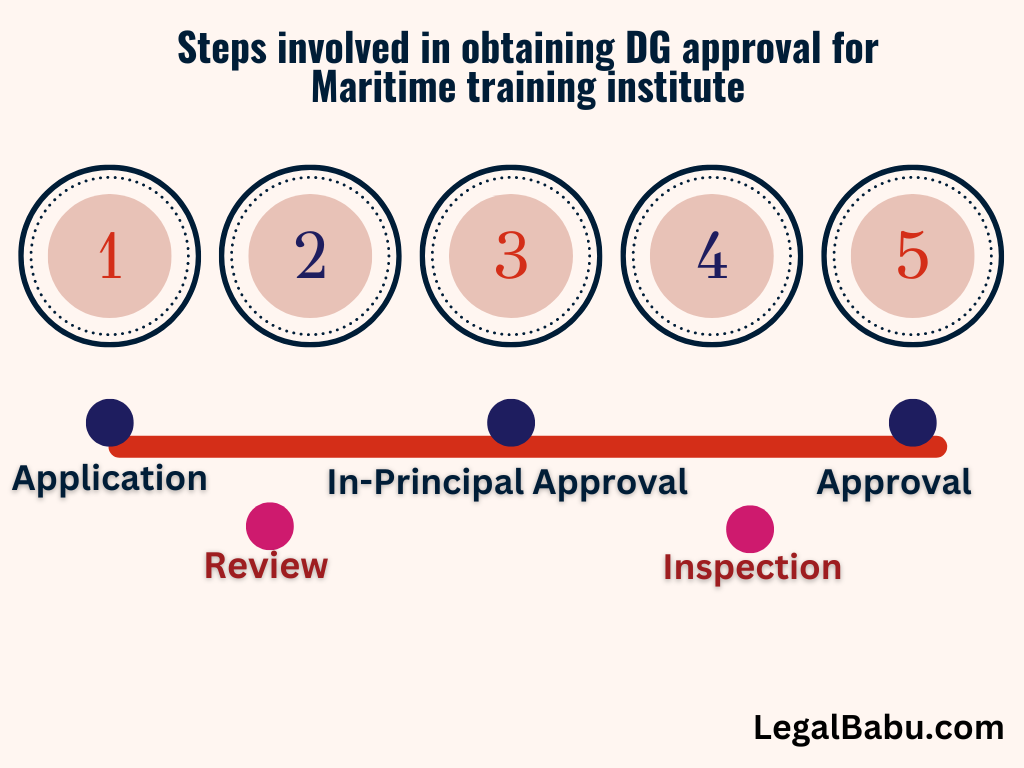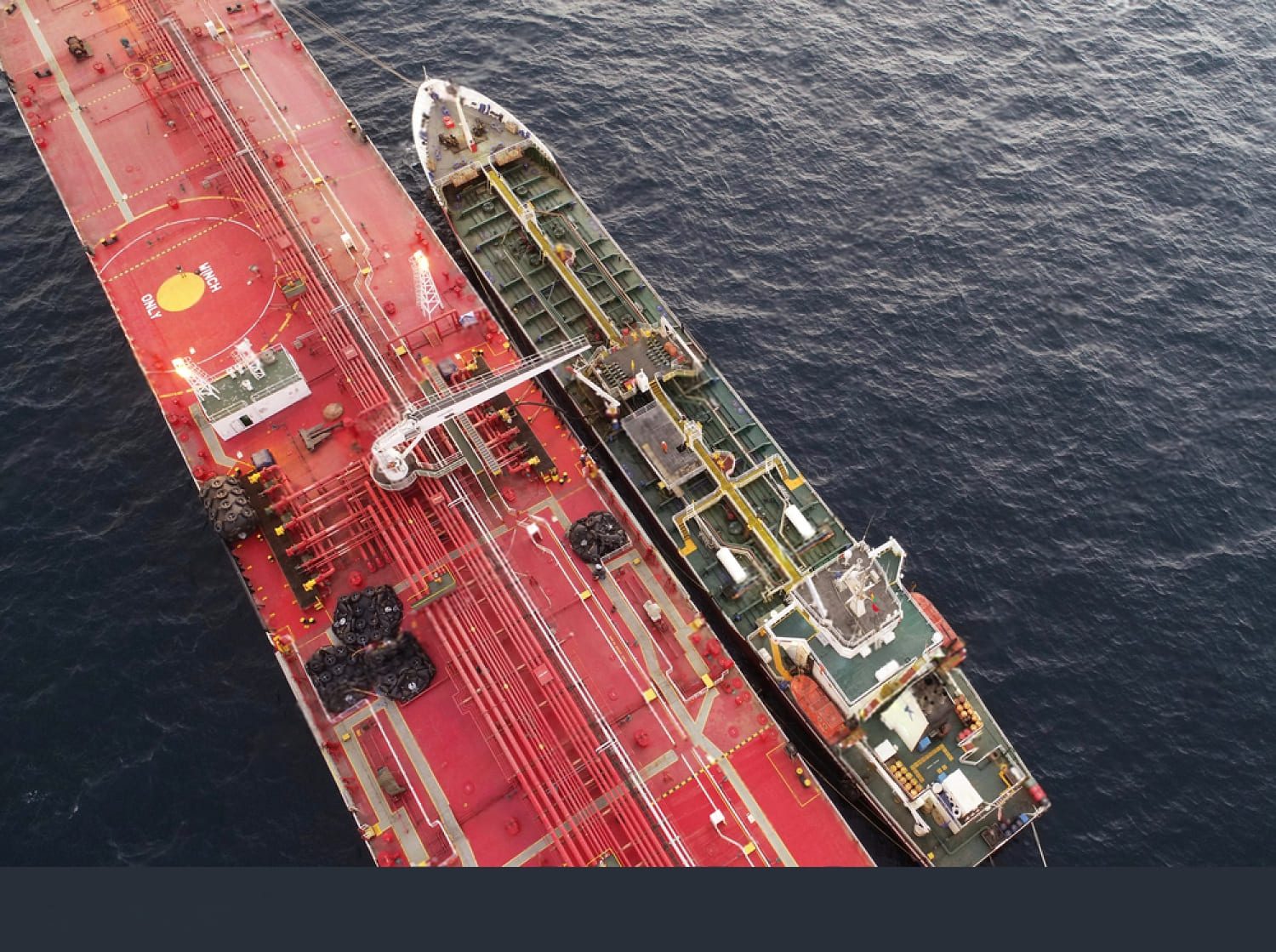Starting a Maritime Training Institute: Steps & Tips
- by legalbabu
- Updated Jul 4, 2025
- 10 mins read

How to open a maritime training institute?
For starting a maritime training institute, you must first acquire authorization from the DG Shipping, Government of India, or from a foreign flag state such as SQA, Panama, or Liberia. Please keep in mind that foreign flag state authorities will only approve existing maritime institutes that have already been approved by their home country’s maritime authority. India’s designated marine authority is the Directorate General of Shipping.
Table of Contents
How to open a DG approved maritime institute in India?
There are mandatory guidelines to obtain approval from the Director General of Shipping for the institutes and for the conduct of courses for Pre-Sea Training and Post-Sea Training for Merchant Navy.
Opening a DG shipping approved maritime institute in India involves several steps and requires adherence to specific guidelines and regulations. Here are the general steps you can follow:
- Section 8 company: DG Shipping only approves registered public trusts, or Section 8 companies. Other business forms like private limited, LLP, registered societies, partnership, or proprietorship firms aren’t eligible. Therefore, it’s recommended to register a Section 8 company for your maritime training institute.
- Decide on the training type: There are two types of courses for which you can seek approval from DG Shipping. Pre-Sea Training and Post-Sea Training.
- Pre-sea training: The pre-sea maritime courses are residential courses and are of longer duration usually conducted for 6 months or more. DNS courses, deck rating, and GP rating are considered pre-sea training courses.
- Post-sea training: The post-sea maritime courses are generally modular courses of short duration. It usually lasts 1 to 15 days. Value added courses, refresher courses, or Basic safety courses (BST) are post-sea training courses.
If you’re just starting out, it’s recommended to begin by seeking approval for post-sea training courses. These courses have lower infrastructure demands and costs compared to pre-sea training. Additionally, DG Shipping prefers institutes that are promoted or owned by shipping companies, ensuring students have job placements after completion. Getting approval for pre-sea courses without job placement assurance can be challenging. You are REQUIRED to submit applications for at least 5 courses in order to receive approval from DG Shipping.
- Infrastructure: Ensure that the institute has appropriate infrastructure to conduct the courses, including classrooms, libraries, laboratories, and other facilities. The infrastructure requirements depend on the type of course or training approval you are seeking. Following are the key requirements for Pre-Sea Training and Post-Sea Training.
Infrastructure required for Post-Sea Training:
There are no land requirements for conducting post-sea training, you need to have around 5000 sq. ft. floor area that includes at least 3 classrooms, a principal room, a trainer room, an admin room, a store room, a library room, a canteen, and a computer room.
The size of each classroom should be in accordance with the batch capacity, you can apply for a minimum of 24 candidates per batch capacity. You may later seek a capacity increase for approved courses and/or the approval of new courses. The classroom should be designed so that every student can see the teachers, the boards, the projection screens, and so on. The classroom should ideally be rectangular, with an aspect ratio of 1.5 to 2.
The size of the classroom for candidates for both Pre-sea and post-sea courses shall be as given below:
| Number of Candidates | Classroom size (carpet area) sq. ft |
| 24 | 388 |
| 40 | 540 |
For the Institute’s intended post-sea maritime courses, the premises must be either owned or leased by the applicant. If leased, the lease deed or leave and license agreement should be registered for a minimum period of 6 years, with provisions for potential extensions. It’s imperative that the lease deed or agreement is categorized as commercial, not residential.
Facilities Requirements for conducting post-sea training courses:
Library-cum-Reading Room: A dedicated library space of at least 150 sq. ft per 24 candidates is mandatory. This library should include newspapers, magazines, technical and marine books, up-to-date marine journals, and marine training-related videos.
Canteen: The institute must provide a spacious dining area to comfortably accommodate a minimum of 24 candidates at any given time.
Washroom: Separate and suitable washrooms must be available for both male and female candidates.
Computer Room: An equipped computer room is essential, featuring a minimum of five workstations for every 24 candidates. These workstations should have MS Office software, including Word, Excel, Access, and PowerPoint. The computer room can also serve as a dedicated space for conducting DG Shipping EXIT exams.
Audio-Visual Equipment: The institute must possess adequate audio-visual materials, including TVs, video/CD players, and the necessary video tapes/CDs.
Computer and Projection Facility: It’s advisable to provide a computer and projector for delivering effective PowerPoint presentations in classrooms, when required.
Maps, Models, etc.: Classrooms and suitable areas within the premises should display an ample number of world maps, ship models, wall-mounted photographs of ships and ports, etc.
Video-Cassettes/CDs: A selection of video-cassettes/CDs, including subjects like Entry into Enclosed Spaces, Use of Breathing Apparatus, Personal Safety on Deck, and Abandon Ship, must be available as per relevant regulations.
Internet: Free Internet access should be accessible to candidates during holidays and after-hours on working days. At least two Internet workstations should be provided for every 24 candidates.
Photocopying: The institute must offer photocopying facilities within its premises while adhering to copyright regulations.
Training Equipment: All requisite training equipment needed for course demonstrations must be available within the institute.
CCTV: The institute is required to have CCTV cameras installed throughout the premises.
Fire Fighting Mock-Up: For institutes seeking approval to conduct “Fire Prevention and Fire Fighting” (FPFF) courses, you must have an in-house fire fighting mock-up facility for practical training, Please note that collaborative arrangements with another Maritime Training Institute (MTI) will NOT be acceptable.
Swimming Pool Facilities: The availability of swimming pool facilities is essential for new colleges intending to offer Personal Survival Techniques (PST) courses. You must have in-house swimming pool facilities. Tying with an exiting MTI is NOT acceptable.
The swimming pool should have the following minimum dimensions: 50 feet in length, 30 feet in width, and a longitudinal depth ranging from 3 feet in the shallow end to 12 feet in the deepest end. A jumping platform at least 2 meters above the water’s surface is ideal.
Transportation: Institutes are required to arrange transportation services for candidates when practical training sites are located at a distance from the institute premises. Adequate transportation should be provided for the pick-up and drop-off of candidates, ensuring convenient access to off-site practical training locations.
DG shipping has issued a detailed guidelines about the requirements of swimming pool facilities
Infrastructure required for Pre-Sea Training:
An institute intending to conduct pre-sea maritime courses must have an independent campus of 10 acres or more. The land must be owned or leased by the applicant for a minimum period of 10 years. In case the land is leased, the lease deed / leave and license agreement must be registered. Land must have a “Non-agricultural” certificate obtained from the local authority.
Facilities: The institute intending to conduct pre-sea courses must have increased facilities in accordance with the minimum 40 candidate capacity as outlined above. In addition to the above facilities, the institute must have hostel facilities, a playground, and other facilities as per DG shipping guidelines.
Resources: The principal, Trainer, faculty, course-incharge and training instructor must have undergone Integration Course for Trainers (VICT) training and been registered with DG Shipping.
Expenses: The whole cost of beginning a post-sea training program will be between Rs. 80 lakh and Rs. 1 crore. Starting a pre-sea training institute will cost between Rs. 2 crore and Rs. 3 crore. Approximately Rs. 5 lakh to Rs. 8 lakh will be the estimated monthly expenses to operate a post-sea training institute. The application fee for seeking approval from DG Shipping is Rs 3 lakh. Once you receive in-principal approval, you’ll need to pay separate course approval fees for each course.
QMS system: Institutes intending to apply for DG approval must implement QMS systems per the latest standard, ISO 9001:2015 certification.
What is the procedure to obtain approval from DG Shipping to start a maritime training institute?
Following is the procedure to obtain approval from DG Shipping to start a maritime training institute:
- Application: Submit a formal application to DG Shipping expressing your intent to establish a maritime training institute. The application should include detailed information about the proposed institute, such as its name, location, facilities, courses to be offered, faculty credentials, infrastructure, and other relevant details. A non-refundable fee of Rs. 3,00,000/- is required to seek approval from DG Shipping. Once you receive in-principal approval, you’ll need to pay an additional processing fee for each course approval sought from DG Shipping.
- Review: Your application will be reviewed by DG Shipping to ensure that it meets the requirements and rules for maritime training institutes. They will determine whether your proposed institute complies with all applicable legislation and quality standards. If your application meets the initial criteria, you will be invited to a PowerPoint presentation at DG Shipping in Mumbai, where a nominated panel of top DG Shipping officials will primarily assess the institution’s promoter’s background, financial strength, facilities, and infrastructure.
- In-Principle Approval:, You may receive an “In-Principle Approval” from DG Shipping if the nominated panel is satisfied with their assessment. This approval indicates that your proposal has been tentatively accepted, and you can proceed with the next steps of the process. You will be given six months to get ready for inspection.
- Inspection: An MMD surveyor will conduct an on-site inspection of your proposed maritime training institute. This inspection aims to verify the information provided in the application, assess the adequacy of infrastructure and facilities, and ensure compliance with safety and training standards.
- Approval: Based on the inspection report and evaluation, DG Shipping will make a final decision on granting approval to your maritime training institute. If your institute satisfies all the requirements and standards, you will be issued an official approval letter.
Comprehensive inspection plan (CIP): Following approval, you must have a CIP audit performed by an empanelled RO (Recognized Organisation- IRS, DNV, BV, LLOYD, ABS, or NK) within 6 months of the approval date. This CIP audit describes how your institute is maintaining and improving the quality of its training, facilities, and services over time. The CIP audit checklist will include points for resources, infrastructure, and facilities. The RO shall issue the institute a grade (based on the credit-points scored by the institute according to the assessment checklist), reflecting the institute’s overall grading for the courses it offers, as shown in the Table below:
CIP GRADING SCALE
| S. No | % Score of Credit Points | Grading | Remarks |
| 1 | 90% and above | A1 | Outstanding |
| 2 | 80-89.9% | A2 | Very Good |
| 3 | 70-79.9% | B1 | Good |
| 4 | 60-69.9% | B2 | Average |
| 5 | 50-59.9% | C1 | Below Average |
| 6 | Below 50% | C2 | Poor |
Every year, an MTI has to undergo a CIP audit; nevertheless, the IRS and DNV CIP audit fees are lower than those of other RO.
How much time does it take to obtain DG approval to start a maritime Training Institute?
It usually takes around 6 months to 1 year to get final approval from DG Shipping for starting a marine training institute.
Conclusion
Please note that opening a DG approved maritime institute in India can be a complex and time-consuming process, and it is advisable to consult with the DG shipping officials, an expert, or a professional agency that specializes in this area.




